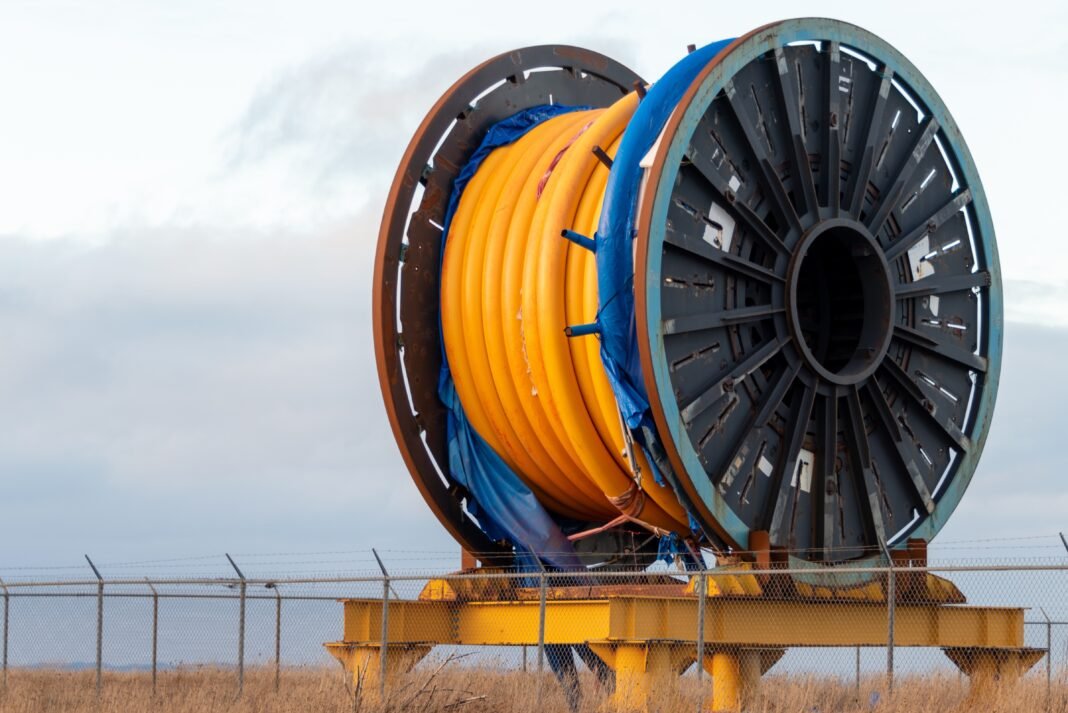Sweden has formally requested assistance from China to clarify the circumstances surrounding the suspected sabotage of two undersea fibre-optic cables in the Baltic Sea. The cables, which connect Finland to Germany and Sweden to Lithuania, were damaged last week.
Prime Minister Ulf Kristersson announced the request on Thursday, emphasizing the need for transparency. “We expect China to cooperate as requested to help determine what happened,” Kristersson stated during a press conference.
Attention has focused on the Chinese vessel Yi Peng 3, which was reportedly near the cables when the damage occurred. The ship has remained anchored in the Kattegat Strait, under close observation by vessels, including the Danish navy. Swedish authorities have not confirmed claims that the cables were intentionally severed by the ship dragging an anchor along the seabed, and China’s foreign ministry has denied any involvement.
Investigators have ruled out explosions, as no seismic activity was detected, supporting theories that the cables were damaged mechanically. This aligns with a recent incident in October involving the Balticconnector gas pipeline, where Finnish authorities linked the damage to an anchor from another Chinese vessel.
Swedish prosecutors stated that both damaged cables lie within Sweden’s economic zone. Finnish police are treating the damage as aggravated criminal interference and have collected samples for further analysis.
Kristersson called the Baltic Sea a “high-risk zone,” warning of increased threats to critical infrastructure. “We are conducting a thorough investigation but are cautious not to make accusations without evidence,” he said.
The incidents have raised regional security concerns as Sweden and neighboring nations push for answers and reinforce the protection of key undersea infrastructure.
